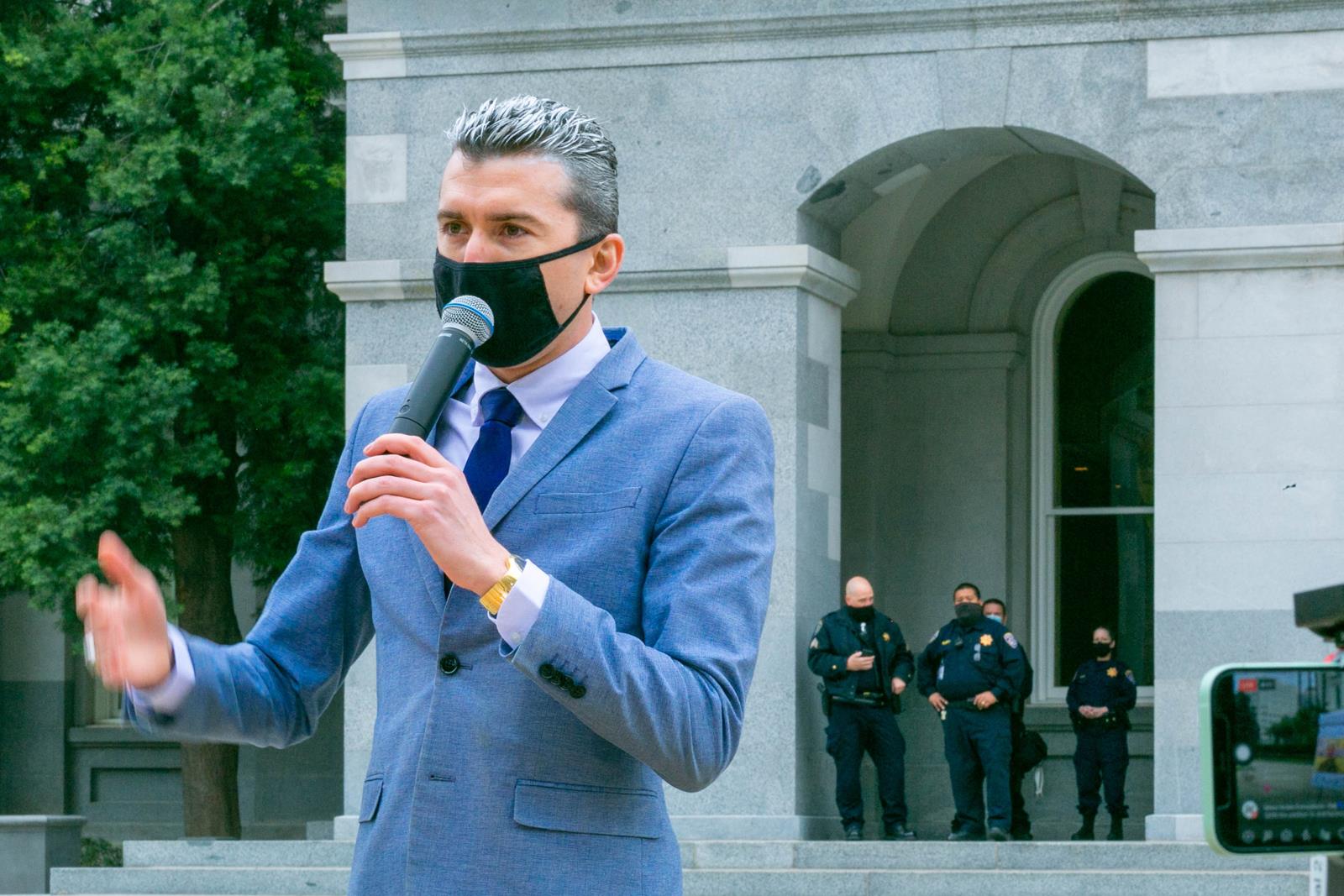Texts On Why Politics And The Classroom Are Important

Although one of the most crucial alliances shaping a functioning democracy, the confluence of politics and education is often under doubt. Not just locations for intellectual learning, classrooms are environments where students choose the skills and information needed for active citizenship. Political discussions in educational settings help to foster awareness of social justice, civic responsibility, and critical thinking. Nowadays, political literacy is more crucial than ever as misleading information and division challenge democratic standards. Legislators and educators have to see the classroom as a required venue for producing informed and engaged citizens rather than as a divisive topic to be overlooked. This study looks at why a participatory society depends so much on education and politics and why they are so closely related.
Politics as a Living Context for Learning
Politics affects daily existence for individuals and communities; it is not a far-off or abstract concept. From civil rights to curricular requirements to financing for education, political activities directly and indirectly affect children. Examining political issues in the classroom encourages students to link their studies to pragmatic difficulties, therefore boosting the relevance and empowering power of education. Understanding their roles and responsibilities as citizens of a democratic society by knowing who has power and how decisions are decided helps students to situate themselves within the larger social framework.
Furthermore, the classroom provides a safe and neat setting where pupils might question, confront, and research numerous points of view. Political involvement begins with awareness, and early in life schools are quite vital in cultivating that awareness. By showing politics as a part of everyday life instead of an outside or elite domain, teachers motivate their pupils to participate actively in their communities. This bedrock determines a politically conscious population capable of major contribution to public life.
The Role of the Classroom in Civic Development
Like a microcosm of society, the classroom lets one practice and advance democratic values like respect, communication, and engagement. Giving students opportunity to vote, debate, and cooperate on common decisions helps them to assimilate democratic principles. These interactions later in life produce more political participation including voting, campaigning, and volunteer work. Through this process, schools become democratic training grounds offering the knowledge and experience needed to protect public institutions.
Civic education also helps students tackle challenging issues without resorting to divisiveness or disinterest. While social media echo chambers and soundbites rule, classrooms may teach careful thinking, evidence-based reasoning, and mutual respect. These skills are particularly important in multicultural settings where several points of view are not only normal but also helpful. Teachers perceive the classroom as a civic arena, therefore helping youngsters learn how to disagree without division and how to act without coercion—qualities important in a democratic society.
Challenges and Controversies in Political Education
Although political discussion is obviously crucial for education, many institutions struggle to handle with effectiveness. Usually avoiding politically controversial topics comes from a fear of political party, official, or parent response. Teachers could feel unprepared or unsupported in leading such dialogues especially in places where politics are very polarizing. But this quiet does not protect children; it rather makes them vulnerable targets for misleading information and disengagement.
Still additional challenge is the thin line between education from indoctrination. Teachers should deliver political topics in fair, inclusive, and based on critical inquiry rather than personal philosophy manner. This demands professionally designed courses and professional development aimed at producing open, courteous classroom environments. Completely avoiding politics is not a neutral act; rather, it is a political choice that could deprive students the tools to understand and change their surroundings. Overcoming these challenges will help the classroom to be a site for democratic rebirth instead of avoidance.
Equity, Representation, and Political Literacy
Moreover extremely crucial in addressing systematic inequality is political education. From voter suppression to lack of representation, underprivileged communities may run across challenges to political engagement. By adding inclusive political writings, histories, and points of view into their curriculum, schools could help to bridge this gulf. When students see their identities reflected in their course of study, they are more likely to feel powerful and engaged in civic life.
In political education, representation also counts as a factor for role models. Engaging with many political figures and intellectuals allows students to overcome stereotypes and increase their aspirations. Political literacy thus is about seeing oneself as an agent within systems of governance rather than just about learning those systems of administration. Students who study public policy, how to advocate for their communities, and how to critically evaluate media narratives become confident and capable to participate fully in civic life. This empowerment among other factors determines whether a democracy is fair and inclusive.
Final Thought
Politics and the classroom have a relationship that beyond simply complementing; rather, it is vital for the survival and development of democracy. Schools are well adapted to develop political knowledge, civic responsibility, and moral norms of tolerance and compassion. By adding political education into the course of teaching, teachers help students make sense of their role in the world. Apart from providing academic education, the classroom turns into a furnace for ethical ideas, communication, and behavior. Encouragement of political literacy is more important than ever at a period when false information is plentiful and democratic values are under assault. Ignoring political issues in the classroom distances students from the basic processes deciding their fate, not protects them. If we want to build a society of engaged, informed, and powerful people, politics must be clearly visible in the classroom and with great intelligence. Through this, we create the foundation for a stronger, more fair, and more informed democracy.